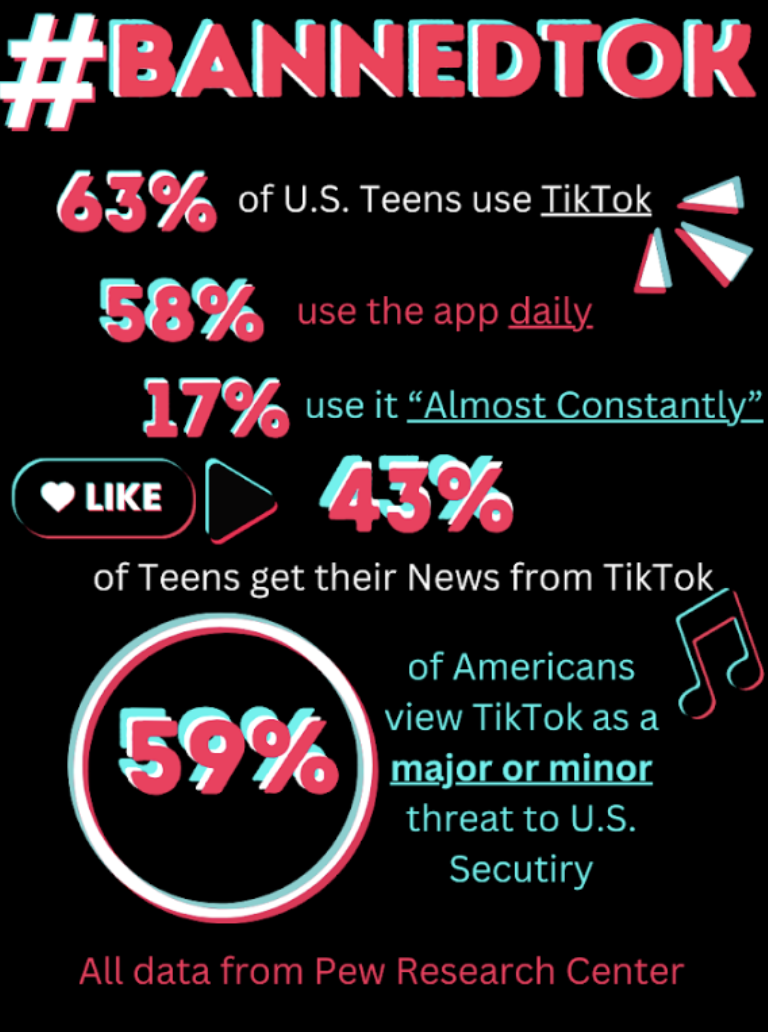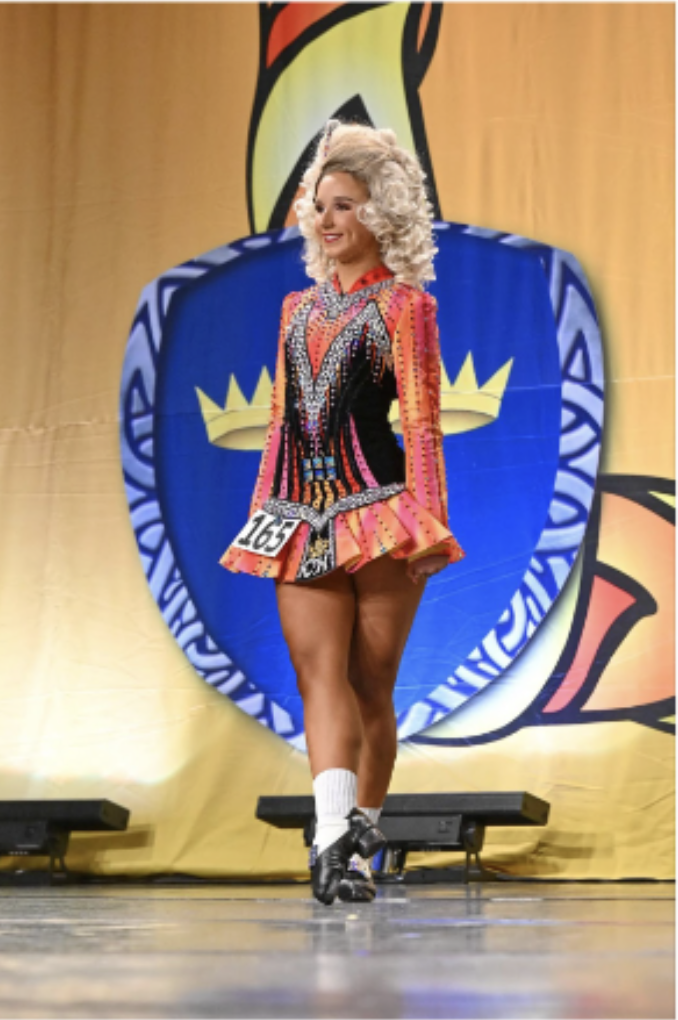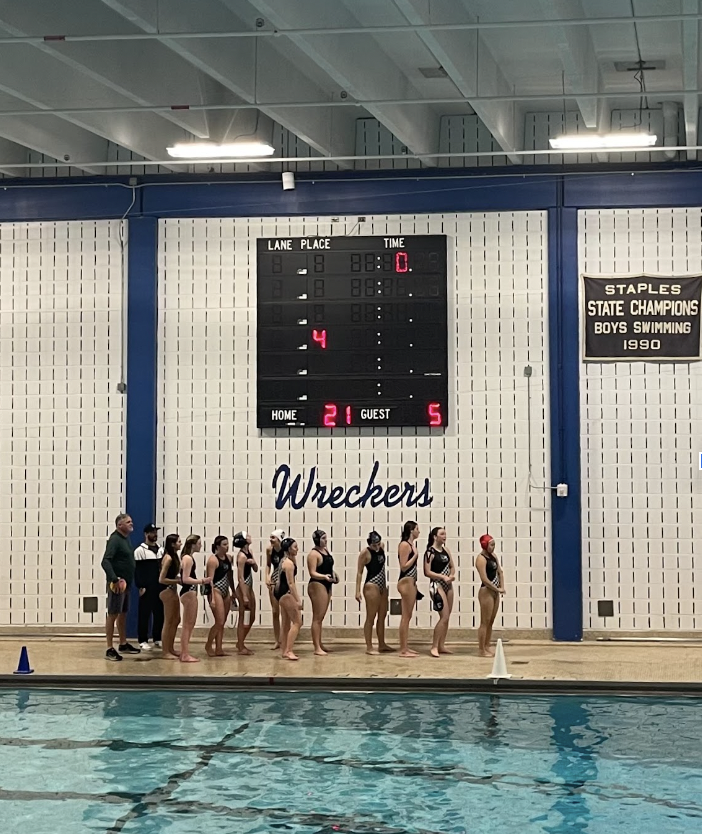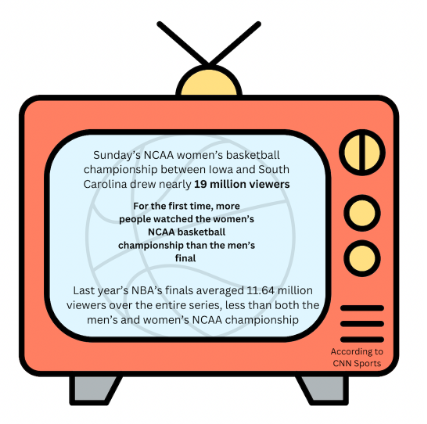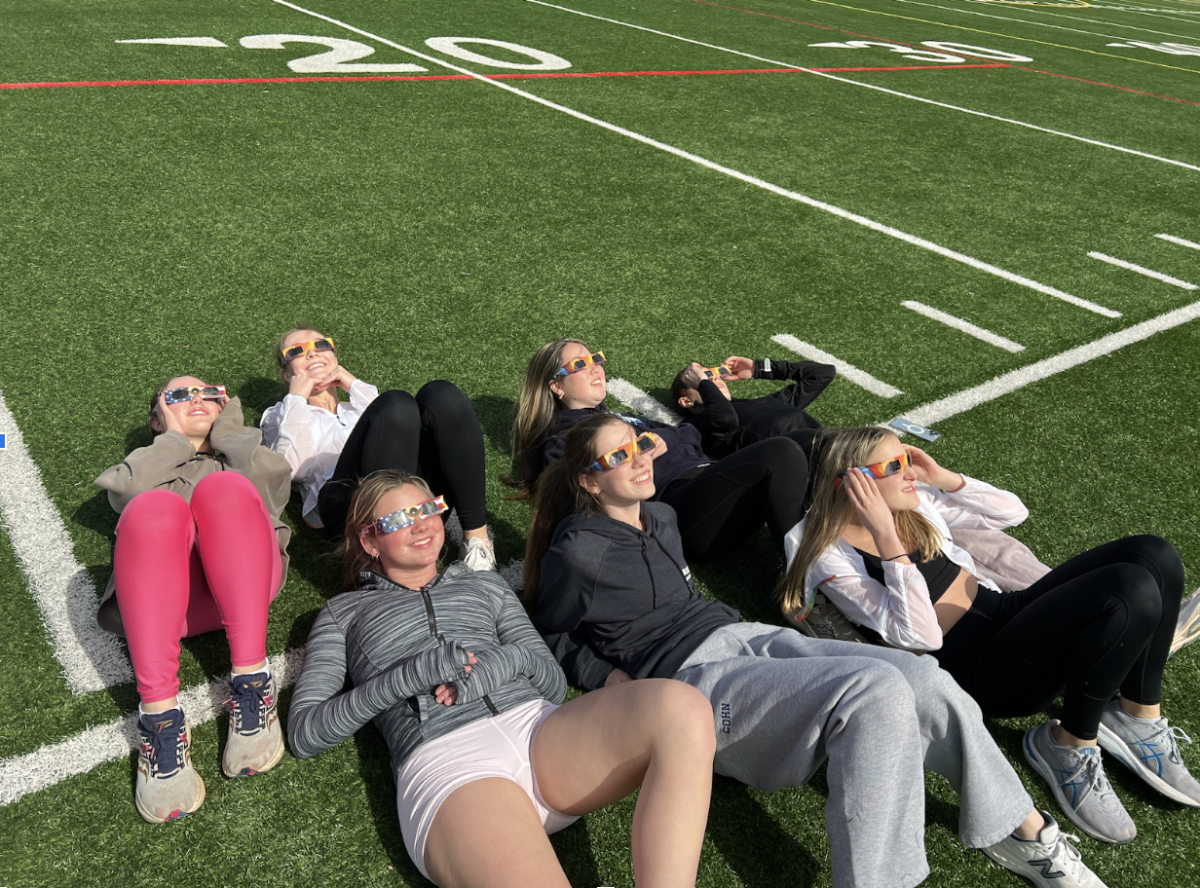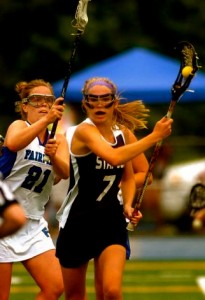
The trembling nerves that many aspiring athletes encounter during tryouts for a high school sport are expected. Once the teams are selected at Staples, the pressure remains as teams compete to qualify for and win championships. When the season ends, some athletes return their uniforms and eagerly await the commencement of next year’s games, while elite athletes seek more opportunities to continue playing after their high school years through college.
Getting recruited for a collegiate sport is not simple. The National Collegiate Athletic Association (NCAA), a governing athletic body established in 1906, has developed rules and guidelines to ensure a “fair, safe, inclusive and sportsmanlike manner” throughout the process. The Association has instituted regulations in regard to how the athletes can speak to coaches and when and where the coaches can watch the athletes play their respective sports.
Some may believe that the NCAA’s rules are strict, Jessie Ambrose ’12, a lacrosse player in the recruiting process, believes that most students do not violate them because there are extreme repercussions. “Usually those who don’t follow [the rules] get caught,” said Ambrose. “I think that some of the rules are a little ridiculous, but the coaches and teams need to follow them or else they will suffer the consequences.”
Field hockey player Misha Strage ’12 agrees that the NCAA rules are rarely broken. She explained how, as of sophomore year, athletes are permitted to make calls to the coaches at their own expenses, but the coach cannot call the athlete. Then after July 1 of an athlete’s junior year, a college coach is able to call the athlete once per week, and off-campus contact is allowed. The rules for each sport vary.
Aside from for the stress that comes from the recruiting process, athletes still need to continue to work hard in school and study for standardized tests. Strage said the recruiting process is “probably just as bad as applying regularly” in terms of stress. Also, she must take the SAT at an early date so that she can send her scores to schools as soon as possible.
Lacrosse recruit Maeve Flaherty ’12 explained how the process is different for athletes than for average students who apply to college. “Although the end result of less application stress is rewarding, junior year is a little more stressful for us than most.” Flaherty said that tournaments consume many weekends. When schoolwork is added into the mix, ,the load becomes difficult to handle.
Some argue that athletic abilities make it easier to get accepted into an academically rigorous college. However, athletes see it like this: coaches are to players as admissions officers are to academics. Even so, it’s important for athletes to be well-rounded in the classroom, too. “It is very rare for admissions to let an athlete into the school who is obviously not qualified and would not do well there. Those who want to pursue a sport in college love doing what they do. If they’re good at it, then they should be rewarded for it,” said Ambrose.
However, Ambrose admitted that some students who are admitted into a school are not academically qualified. “That’s reality and it’s not only sports that give students advantages over others,” she said.
Strage explained how coaches will “support” specific athletes in the admission process to help them get accepted. Yet, each coach is restricted to support only a certain amount of athletes each year. Therefore, some athletes are admitted with the help of coaches, while others participate in the normal application process.
Come senior year, recruits know where they will attend school next fall, which can be a big relief.
Strage added that some students may lower their motivation level once they commit to a certain school. “It’s definitely important to still try in school because coaches and admissions officers can take away support if grades lower. It’s easy to take away something if the athletes do not show effort,” said Strage.
Some students do not approve of the athletic recruiting process because it can allow what they see as less academically qualified individuals to get into elite schools. However, many are unaware that in order to be recruited, athletes must partake in a very stressful process that requires effort, persistence, and dedication.

